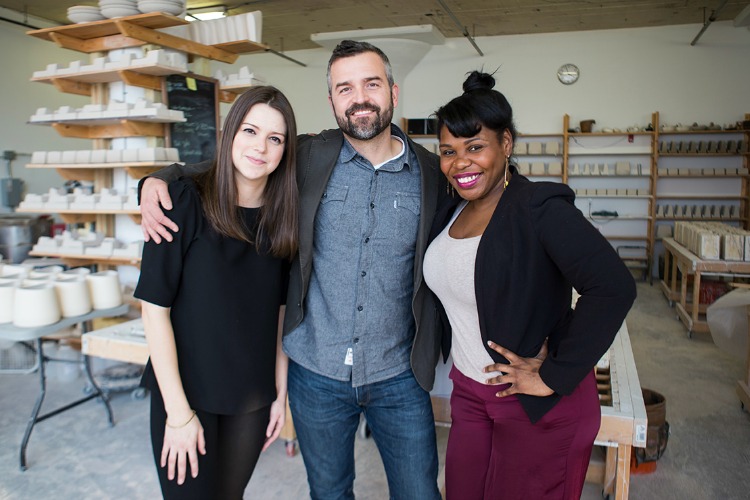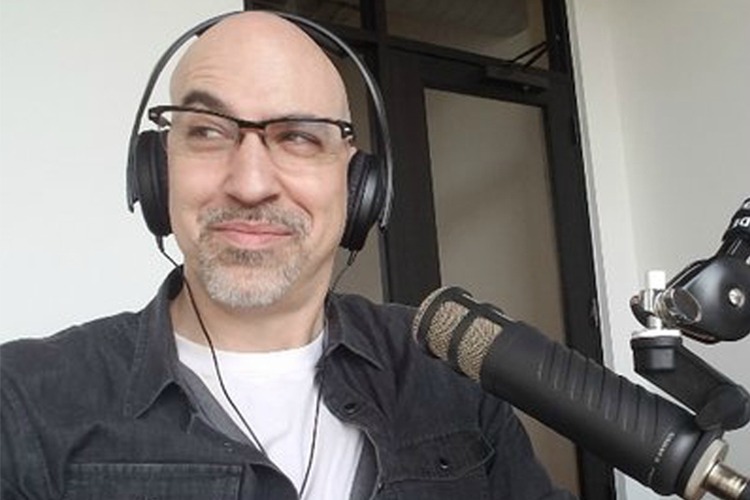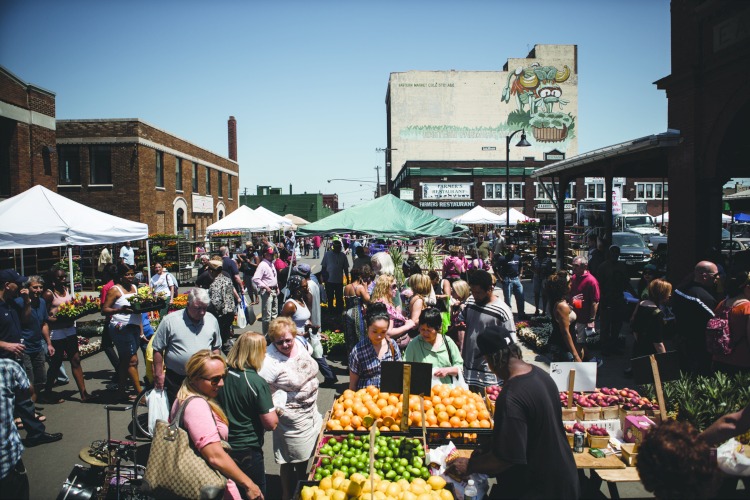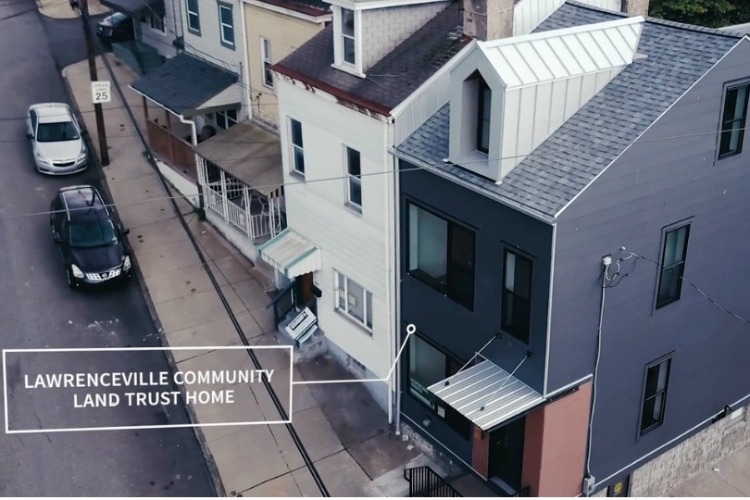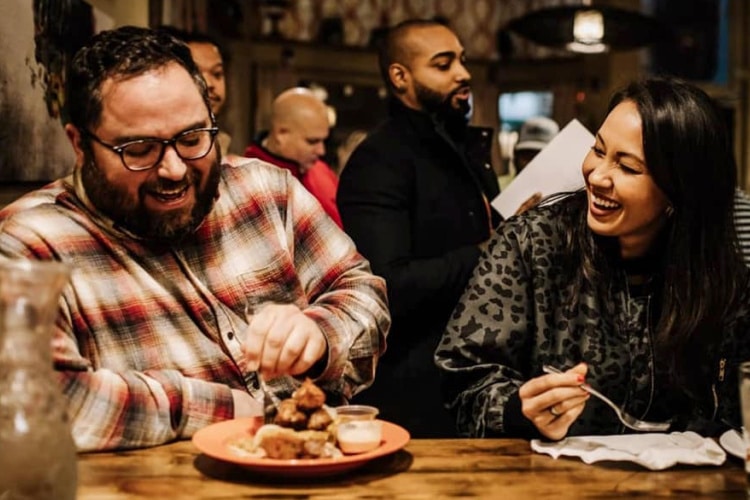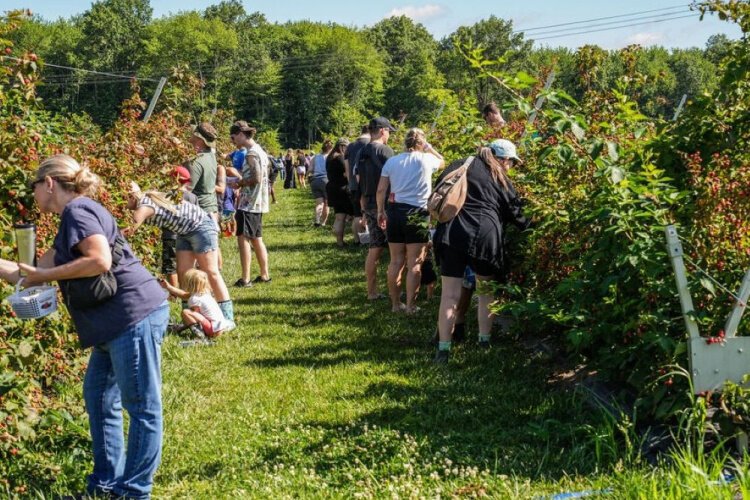Cincinnati’s next IDEALAB: How to remake the urban manufacturing economy
On May 9, thought leaders and entrepreneurs will meet at Xavier's Center for Innovation to share ideas about improving urban communities.
Small-scale manufacturers and makers working in the urban core hold the promise of reviving neighborhoods and attracting smart, ambitious people to cities. Those are some of the ideas that will be explored at the next IDEALAB Cincinnati event, coming up in May.
It’s called “IDEALAB: reMaking Industry,” and it’s a half-day event where fresh ideas from other cities will be presented, new survey data from manufacturers in six cities — including Cincinnati — will be shared, and connections can be made with like-minded entrepreneurs, artisans, and community leaders.
The event is geared to anyone interested in improving the urban core, including community activists, economic development leaders, investors, non-profit organizations, philanthropy professionals, students, urbanists, artists and craftsmen, urban planners, urban community leadership, and social entrepreneurs.
The 2019 edition of IDEALAB will begin at 11:45 a.m. on Thursday, May 9 at Xavier University’s Center for Innovation, and will close across the street with a happy hour at Listermann Brewing’s beer garden. In between will be a lineup of new ideas shared by thought leaders and entrepreneurs who have put them into practice in regional cities.
Alex Bandar will share how he created the Idea Foundry in one of the most economically depressed neighborhoods in Columbus. The 60,000-square-foot facility is part workshop, part co-working space and part learning center located in once-abandoned factory in the neighborhood of Franklinton, also known as “The Bottoms.” In recent years, business and political leaders have built momentum to transform the neighborhood into one that attracts creative young professionals.
“I think every city, every neighborhood, should have a center of gravity where you have that place where you go if you want to make something,” Bandar says. “There really aren’t fun, social, hospitable spaces that encourage you to do that.”
Idea Foundry is a maker space and community workshop with about 700 paying members who can use tools and workspaces and learn from an ongoing series of classes in such things as welding, metal bandsaws, and laser cutters.
“Think of it as a gym, but instead of working out you build stuff,” Bandar says. About half of the members are entrepreneurs, with the other half composed of artists, artisans, and techies. “You need a workout partner to help you stay motivated,” Bandar explains, people who can share ideas and optimism and celebrate each other’s successes.
Dan Carmody will share the story of Eastern Market Corp. an urban success story in Detroit. Carmody is president of Eastern Market, which is both a marketplace and a 185-acre neighborhood with a variety of food businesses.
The Market District has become a regional food hub, and the nonprofit Eastern Market Corp. plays a central role in strengthening the district as an engine of economic growth by operating a network of incubator kitchens and a microgrant program that supports small businesses with funding and training.
“We try to make the neighborhood a better place,” Carmody says.
Eastern Market Corp. this month announced that it will be a partner in a pilot program called Food Industry Jobs, a training and development program to prepare workers for stable jobs and careers in the food and agriculture trade. The program’s first class will take 25 people through 72 hours of classroom instruction over two-and-a-half weeks. Participants will learn industry basics and skills, including time management, conflict resolution, financial literacy, and teamwork.
“Food processing and distribution provides a great portal for Detroiters who have limited skill sets to enter the workforce,” Carmody says.
Carmody will touch on how a nonprofit such as Eastern Market Corp. can stimulate the growth of urban food entrepreneurship.
Adam Kenney will speak about Pittsburgh’s Monmade and its Craft Business Accelerator. Monmade connects manufacturers with markets and buyers and is a project of the Craft Business Accelerator, which finances artisan businesses, maker enterprises, design/build shops, and entrepreneurial artists.
They are both part of Pittsburgh’s Bridgeway Capital, which provides financing and business education to spark the growth of small businesses.
Kenney is a glassmaker with 20 years of experience and has served in leadership positions for regional arts and cultural institutions.

Lee Wellington, the executive director of the Urban Manufacturing Alliance, will present data from a survey the alliance did of six cities, including Cincinnati.
In Cincinnati, data was collected from 103 urban manufacturers, most of them small batch makers. Some of the big-picture impressions the survey uncovered were that most of these artisan companies are small; many of the owners have “day jobs” or other employment; and many of them sell their products beyond the Cincinnati market.
Maybe most significantly, small makers have grown in the last few years, and expect to continue growing.
“They often say they want to grow and want to grow within the city limits,” Wellington says. “Manufacturing is a very significant driver of economic growth in Cincinnati.”
She was in Cincinnati in February for the first DesignJam, a workshop that brought together local design and manufacturing shops.
“What was exciting was to see the number of organizations that are serving makers and manufacturers within the city of Cincinnati that are not actively connected to one another,” she says. “That’s an opportunity to build the ecosystem and encourage the conversation about collaboration between partners. That’s our ultimate goal.”
One of the local partners Wellington and UMA are collaborating with is CoMADE, which is striving to connect workers, manufacturers, and entrepreneurs under one roof. CoMADE is creating a 100,000 square foot facility in Avondale that will be part workplace, part workshop and part classroom, similar to the Idea Foundry in Columbus. It’s designed to be a center in Cincinnati’s urban core where ideas, products, jobs, and opportunities can be generated.
IDEALAB reMaking Industry is made possible with support from the Carol Ann and Ralph V. Haile, Jr./U.S. Bank Foundation, People’s Liberty, Issue Media Group and Soapbox Media. The cost is $35 per person or $17 for students and includes lunch. Purchase tickets at Eventbrite. Parking is free next to the Xavier University Center for Innovation venue.

